Research Groups

Artificial Intelligence in Communication Disorders (anki lab)
Andreas Kist
Our lab focuses on the development and application of artificial intelligence in medicine, particularily in communication disorders. Our main aim is to provide generalized, clinical applicable solutions to support diagnosis and therapy monitoring. To achieve this, we use genuine approaches to optimize deep neural networks and mine novel AI-specific hardware accelerators. We encourage open science and provide an environment allowing students to thrive.

Assistive Intelligent Robotics Lab
Claudio Castellini
The Chair deals with Rehabilitation and Assistive Robotics, from the discovery and implementation of biocompatible sensing and stimulating techniques, through the design and testing of adaptive human-machine interfaces, to user-studies and deployment in the clinics and hospitals. Our grand goal is that of providing all-round novel and effective translational solutions to the society.

Biomedical Network Science Lab
David B. Blumenthal
The Biomedical Network Science (BIONETS) lab investigates molecular disease mechanisms using techniques from network science, combinatorial optimization, and artificial intelligence. We develop algorithms and tools to mine multi-omics data for such mechanisms and to individuate novel strategies for mechanistically grounded drug repurposing and causally effective treatments of complex diseases. We also develop privacy-preserving decentralized biomedical AI solutions, which enable cross-institutional studies on sensitive data.
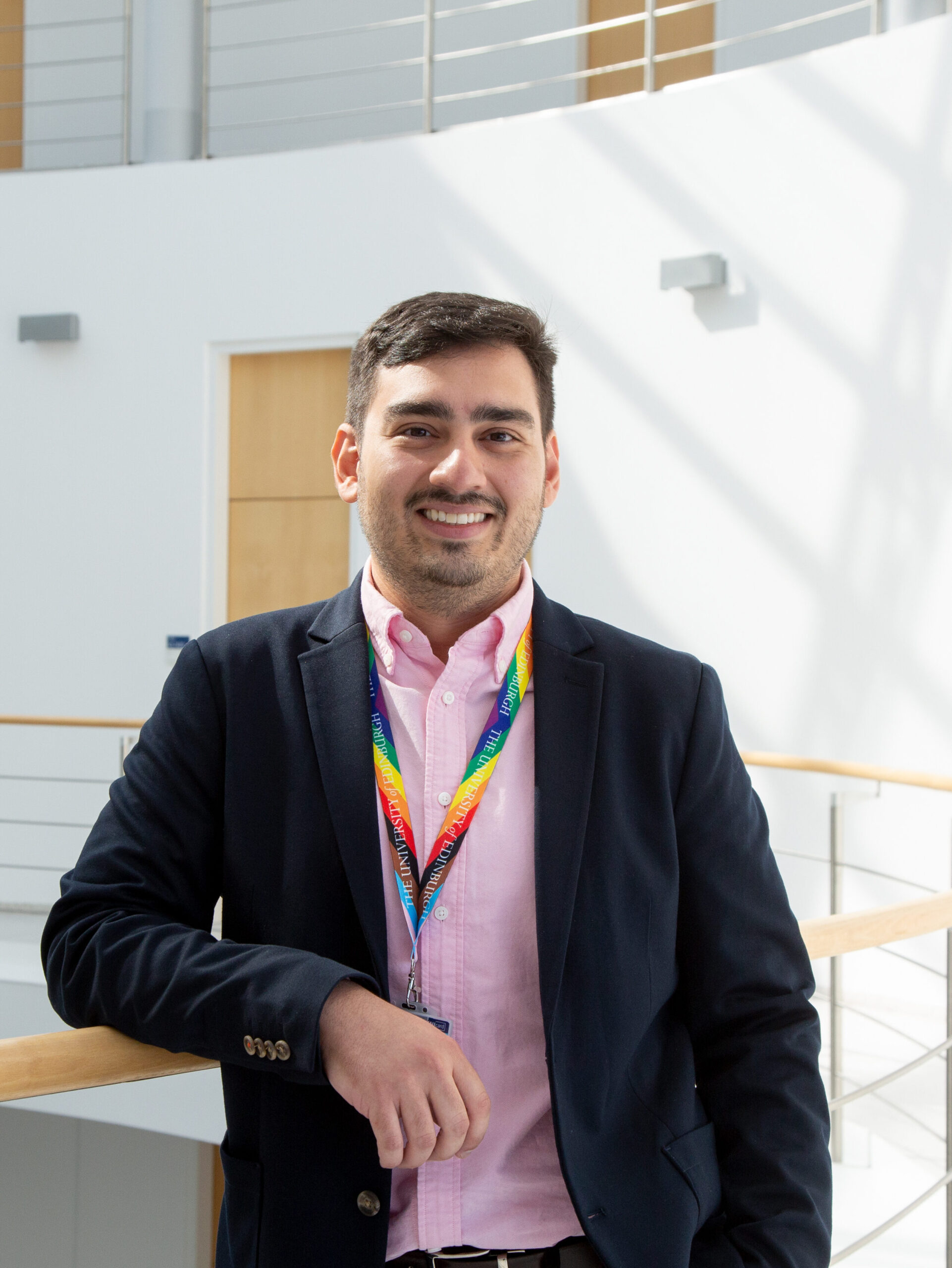
Cerebrovascular Imaging and Research Lab
Jose Bernal Moyano
The Cerebrovascular Imaging and Research Lab investigates cerebral small vessel disease (CSVD), a leading cause of stroke, dementia, and premature mortality worldwide. We develop advanced computational and AI-based methods to detect and monitor CSVD-related lesions in magnetic resonance imaging. At scale, we apply these tools to study how lesions emerge and progress over time, the factors that drive their evolution, and their impact on ageing and dementia. Through this work, we aim to advance understanding of cerebral microvascular function and dysfunction, providing a foundation for future therapeutic strategies.

Computational Imaging Lab
Florian Knoll
The research goal of the Biomedical Imaging Lab is the development and application of machine learning methods to medical imaging, and their translation into clinical practice so that they can help patients on a day-to-day level. We are working on projects in the areas of accelerated MR imaging, machine learning for MRI data acquisition and image reconstruction, the development of quantitative imaging biomarkers for disease processes and towards the increase of the global availability of imaging technology in second and third world countries.
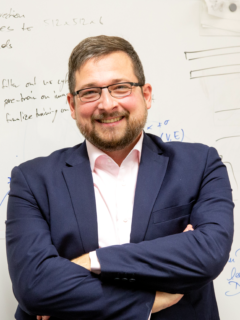
Image Data Exploration and Analysis Lab
Bernhard Kainz
The Image data exploration and analysis group addresses some of the most important issues facing the world today. Data science is revolutionising how medicine is understood, how biomedical research is conducted and how healthcare is delivered. Our mission is to reduce health inequalities, democratize rare healthcare expertise, and to develop novel, computationally efficient techniques for the analysis of health data.
We focus on pursuing algorithmic blue-sky research, including:
- Machine representation learning from heterogeneous data,
- automated medical image analysis and algorithms for smart image acquisition, and
- computer-aided detection and diagnosis of disease.
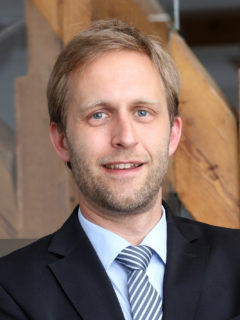
Machine Learning and Data Analytics Lab
Bjoern Eskofier
The researchers in the Machine Learning and Data Analytics (MaD) lab conduct theoretical and applied research for wearable computing systems and machine learning algorithms for engineering applications at the intersection of sports and health care. Our motivation is generating a positive impact on human wellbeing, be it through increasing performance, maintaining health, improving rehabilitation, or monitoring disease.
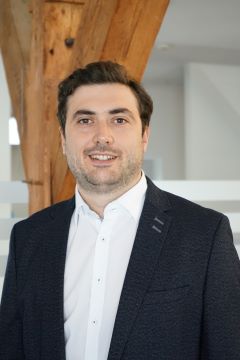
Neuromuscular Physiology and Neural Interfacing (N-squared) lab
Alessandro Del Vecchio
The Neuromuscular Physiology and Neural Interfacing (N-squared) laboratory aims at deciphering neuromuscular function and developing human-machine interfaces for neurorehabilitation, restoring of motor function, and motor augmentation. Our lab activities are focused on the acquisition and analysis of neural signals with high spatial and temporal resolution (high-density arrays) from the central and peripheral nervous system in healthy volunteers and in subjects with motor impairments.
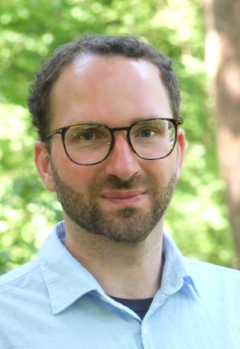
Sensory Neuroengineering
Tobias Reichenbach
The multidisciplinary research team of the Chair of Sensory Neuroengineering combines methods from artificial intelligence with computational neuroscience and neuroimaging to advance our understanding of the neural processing of complex natural signals. Research findings are applied to develop novel bio-inspired technology as well as towards better diagnosis and rehabilitation of neurological impairments.

Surgical Planning and Robotic Cognition Lab (SPARC)
Franziska Mathis-Ullrich
The Surgical Planning and Robotic Cognition Lab (SPARC) at Friedrich-Alexander-Universität Erlangen-Nürnberg (FAU), led by Prof. Dr. Franziska Mathis-Ullrich, researches cognition guided robots for surgical assistance in minimally invasive procedures, intelligent and flexible surgical instruments, and intuitive interfaces between humans and robots in the operating room. The SPARC Laboratory conducts interdisciplinary research in close collaboration with national and international partners that contributes to building a healthcare system that enables optimal and personalized treatment of patients through targeted interactions between surgical experts and the next generation of minimally invasive and learning surgical robots and assistance systems.